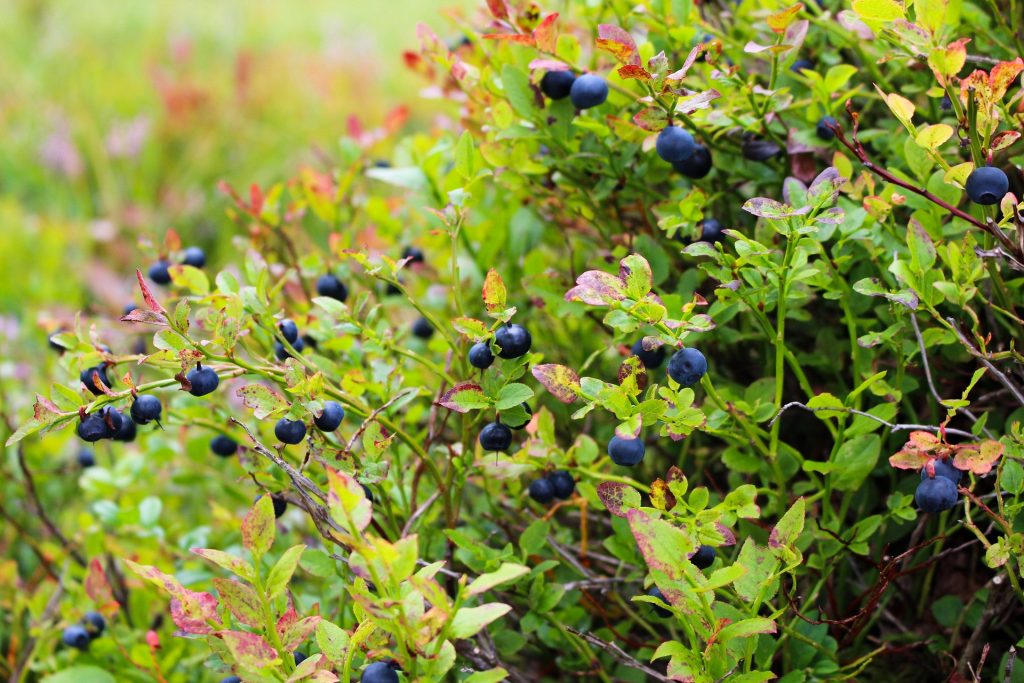 The GABA receptor is a receptor located in high concentrations in the brain, central nervous system and gut of humans and animals. There are two types of GABA receptor, the GABAA and the GABAB receptors. The GABAA receptors are ion channels, whereas the GABAB receptors are coupled to second messenger systems in cells. This results in GABAA receptors having a fast mechanism of action, whereas GABAB receptors have a relatively slower mechanism of action. However, both receptor subgroups have a similar role of inhibiting excitatory neurotransmitter release and thereby causing calmness, relaxation and sedation. It is these effects that make the GABA receptors interesting targets for anxiolytic drugs as evidence shows for example, benzodiazepine and barbiturate drugs act on the GABAA receptors and this in term explains their clinical effectiveness in the treatment of anxiety and anxiety related disorders. A number of phytochemicals from plants also appear to modulate GABA receptors.
The GABA receptor is a receptor located in high concentrations in the brain, central nervous system and gut of humans and animals. There are two types of GABA receptor, the GABAA and the GABAB receptors. The GABAA receptors are ion channels, whereas the GABAB receptors are coupled to second messenger systems in cells. This results in GABAA receptors having a fast mechanism of action, whereas GABAB receptors have a relatively slower mechanism of action. However, both receptor subgroups have a similar role of inhibiting excitatory neurotransmitter release and thereby causing calmness, relaxation and sedation. It is these effects that make the GABA receptors interesting targets for anxiolytic drugs as evidence shows for example, benzodiazepine and barbiturate drugs act on the GABAA receptors and this in term explains their clinical effectiveness in the treatment of anxiety and anxiety related disorders. A number of phytochemicals from plants also appear to modulate GABA receptors.

Another role flavonoids can play in mental health is as neuroprotective agents. In this regard flavonoids may enter the brain and protect the tissues from free radical damage through directly quenching free radicals, and also through modulation of inflammation. This neuroprotective effect may explain not only the beneficial mood elevating effects of flavonoids, but may also explain their benefits on cognition and preventing memory decline. Berries are rich in anthocyanins, a subgroup of berries that may have antioxidant and anti-inflammatory effects.
Flavonoids for example, are a group of phytochemicals in plants that may interact with GABA receptors. Some authors have suggested that the GABA receptors comprise of multiple binding sites and each one of these is affected by different compounds. Flavonoids of different subgroups may interact with various binding sites and this may modulate GABA activity in various ways. Flavonoids may activate the GABA receptors directly, or they may modulate the activity of the receptor in the presence of other activators (so called allostery). Flavonoids are known to be absorbed from the gut to the blood, and then enter the brain. The ability of flavonoids to modulate the GABA receptor might explain the anxiolytic and mood elevating effects of many herbs and edible plants that contain high concentrations of particular flavonoids. As flavonoids are found in all terrestrial plants, plant foods and high plant food diets may be highly important to the maintenance of stable mental health.
Eat Well, Stay Healthy, Protect Yourself
RdB
